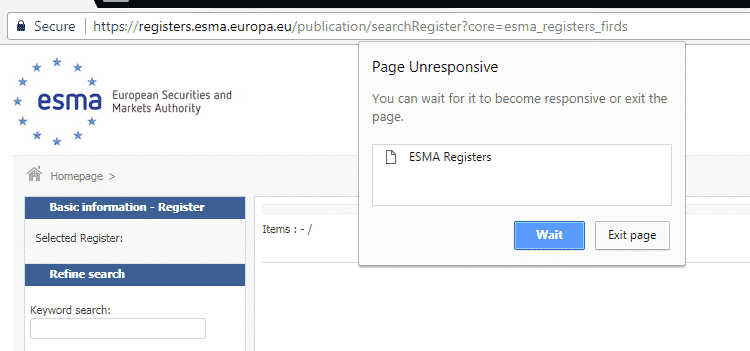The nature of many Forex brokers being an online businesses means that a substantial part of its operation is vulnerable to cyber security breaches. Whether that is electronic payment processing, the sensitive data that is held on CRM’s, safeguarding client’s funds in online trading accounts or the ability to have access to the actual trading accounts themselves.
The London Summit is coming, get involved!
Either way, as protections increase the viruses themselves get more sophisticated, in an ongoing arms race that appears to have no end in sight. The unwelcome threats are typically from the outside (as opposed to a dissenting employee who has stolen company information) using sophisticated trojan horse style viruses that are deployed into a network to collect customer information, usernames and passwords. They can then use this data towards their own commercial benefit or by fraudsters trying to transact withdrawals from trading accounts.
Times are changing
According to Leverate’s own CTO, Guy Paz “Just a short decade ago nobody knew about online financial fraud, now it’s widespread to the extent that everyone knows someone who has been affected either by fraud, phishing attacks or identity theft. Most forex broker accounts are accessible with only a username and a password, where it is then possible to access sensitive data and make a fraudulent withdrawal”.
According to Paz, cyber security can be breached in various ways that include phishing customer details, sending out emails or making telephone calls pretending to be from the broker and through Trojan malware programs. These programs that are downloaded for trading platforms look legitimate, but in reality are viruses that seek to obtain customer’s login details and passwords. This security breach can be achieved on an industrial scale, where access is gained to many customer accounts across multiple brokerages.
Over the course of 2016 many such scenarios took place, where there were numerous successful attempts of hackers accessing Forex Trading accounts and completing withdrawals. Whilst this has prompted significant investment in the development of cybersecurity technology, the reality is that in the same way that biological virus increase their immunity to enhanced medicines, cyber viruses used by hackers are also evolutionary and are likely to develop in sophistication into 2017.

Finance Magnates
Ransomware
In fact, a new development that has already been observed in 2017 is ransomware. This new cyberthreat enables a hacker to extort huge amounts of money from a financial broker by being able to gain access to the firm’s data. If the money is not paid, then the hacker deploys an encryption that destroys the firm’s data. To date, this has been used not only in the financial sector, but also within government agencies, an unfortunate testament to the level of sophistication and the ability of hackers to penetrate security systems.
An undesired but crystal clear indication that financial trading brokerages are not immune from cyber threats is the prevalence of attacks made against large central banks and financial institutions, that despite their labyrinth security systems, have been subject to damaging interference from cyber hackers. This past year alone saw hackings take place at Britain's Tesco Bank, Russia’s central bank and the Bangladesh Bank, all of which represent just the tip of the iceberg.
Seeking to counter all this, is the significant investment that has gone into Cyber security, which has skyrocketed over the past few months. At the Israel HLS & Cyber Conference, the Israel Export Institute claimed that investment in cyber security increased threefold with exports climbing to 15% in the first half of 2016. A solution to systematically stem the curb has been dedicated connectivity.
TMX Atrium, a venue neutral Canadian infrastructure provider put in points of presence between London, Paris, Moscow and Frankfurt, which saw a decrease in the number of breaches. However venue based connectivity has not filtered all that easily into the online trading retail sector. This is largely due to the widespread infrastructure demands of providers connecting to many small retail firms being so prohibitively costly.
As cyber corruption develops to become a paramount issue that is faced by the financial trading industry, undoubtedly we’ll also see increased vigilance and technology developments to counter it. Yet the arms to race to which it is taking form, only makes you wonder at what point it will all end up?
This article was written by Adinah Brown of Leverate.


















